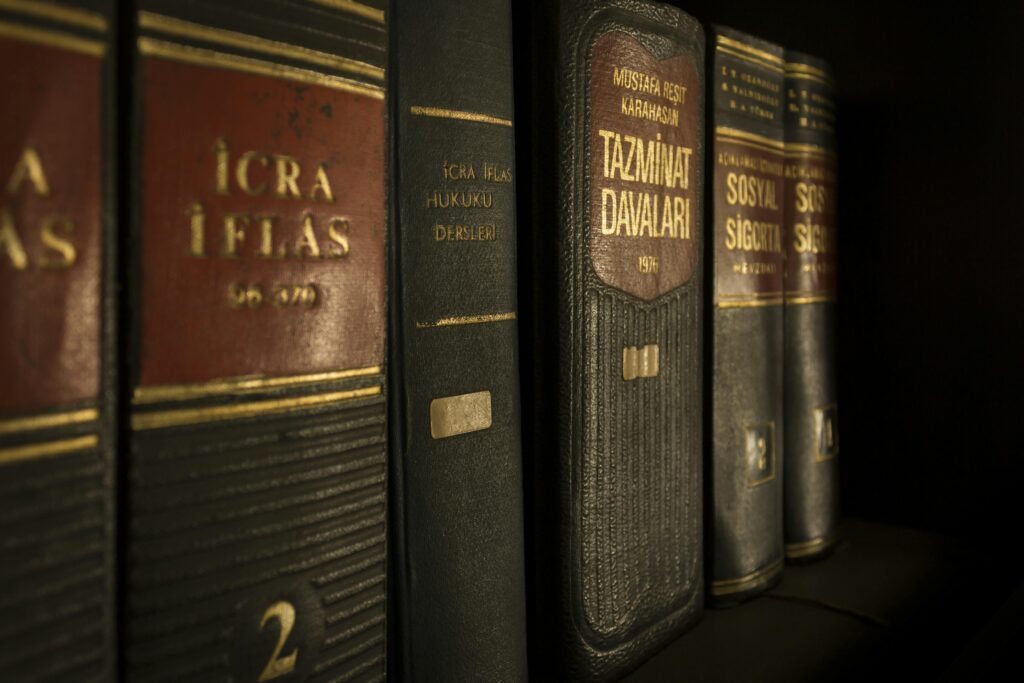
Introduction
In today’s ever-evolving world, legal awareness has become more than just a luxury—it is a necessity for every individual. As social, economic, and technological relationships grow increasingly complex, legal knowledge serves as a vital tool for protecting rights, fulfilling responsibilities, and contributing to a just and stable society. This article explores the concept of legal awareness, its importance on both individual and collective levels, and highlights the UAE’s pioneering efforts in promoting legal literacy.
What Is Legal Awareness?
Legal awareness refers to an individual’s understanding of the laws and legal systems that govern everyday life. It goes beyond simply knowing legal texts; it includes understanding legal procedures, knowing when and how to seek legal help, differentiating between rights and obligations, and recognizing potential legal risks in various situations.
Why Legal Awareness Matters for Individuals
1. Protecting Personal Rights
An informed citizen is better equipped to defend their rights in areas like employment, finance, or family matters. For instance, an employee who knows their legal rights can challenge unfair working conditions or contract violations effectively.
2. Avoiding Legal Violations
Ignorance of the law is not an excuse. Understanding basic laws—such as labor regulations, internet usage rules, or immigration laws—can help individuals avoid fines, penalties, or even imprisonment.
3. Making Informed Decisions
In a world governed by contracts—ranging from rental and purchase agreements to employment and business deals—legal awareness empowers individuals to read and understand documents before signing, helping them avoid legal pitfalls.
Legal Awareness and the Community
1. Strengthening the Rule of Law
When people are legally informed, they are more likely to respect and comply with the law, which enhances social order and prevents chaos. A legally conscious society acts as the first line of defense against crime and injustice.
2. Promoting Civic Engagement
Legal literacy encourages people to participate in public life, whether by voting, engaging in community initiatives, or holding public institutions accountable. This deepens a sense of citizenship and national belonging.
3. Reducing Conflict Through Peaceful Resolution
Understanding the legal options available for dispute resolution—like mediation and arbitration—encourages individuals to settle issues constructively rather than resorting to violence or escalation.
Key Areas Where Legal Awareness Is Critical
1. Labor Law
Understanding labor rights—such as contract terms, working hours, and end-of-service benefits—protects both employers and employees from exploitation and conflict.
2. Family and Personal Status Law
Legal issues related to marriage, divorce, custody, and inheritance are deeply personal and often emotional. Legal awareness helps individuals navigate these matters more rationally and fairly.
3. Commercial and Financial Law
For entrepreneurs and investors, knowing the legal aspects of business formation, taxation, and contractual obligations is vital for sustainable and lawful growth.
4. Cyber and Digital Laws
As digital technology becomes central to our lives, knowing the rules around cybersecurity, data privacy, and social media use is essential to avoid legal trouble and protect one’s digital identity.
The Role of Institutions in Spreading Legal Awareness
Schools and Universities: By including legal topics in curricula or extracurricular activities, educational institutions foster early understanding of legal responsibilities.
Media Outlets: Television, radio, and digital platforms can demystify legal concepts through informative programs and discussions.
Legal Professionals: Lawyers and law firms can provide pro bono consultations and publish educational content for the general public.
Government Agencies: By simplifying access to legal information through websites and helplines, public institutions make legal knowledge more accessible.
Challenges to Legal Awareness
Complex Legal Language: Legal jargon can alienate non-specialists and discourage engagement with the law.
Misinformation Online: Many people rely on unverified sources for legal advice, leading to confusion and risk.
Perception That Law Is Only for Experts: A common belief that legal knowledge is only necessary for lawyers can prevent individuals from seeking to understand the law.
Conclusion
2 . Building a legally aware society is a collective responsibility.From families and schools to media and government bodies, everyone plays a role in fostering legal literacy. As awareness grows, so does the individual’s capacity to make empowered decisions, respect others’ rights, and contribute to a safer, more just community. The UAE’s commitment to integrating legal education into its social and policy framework serves as a valuable example for other nations to follow.
